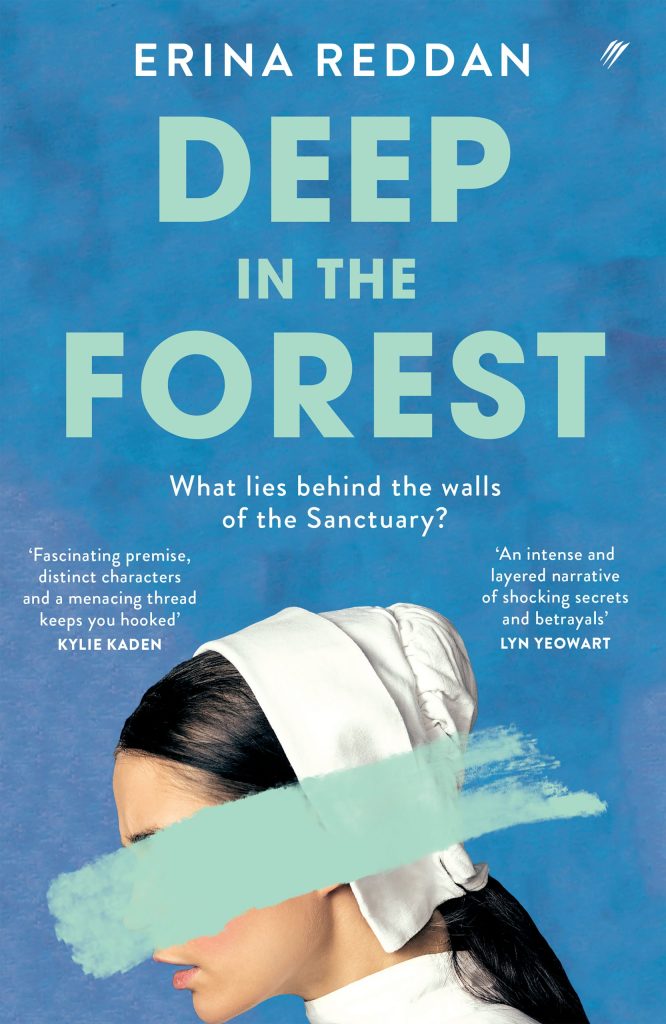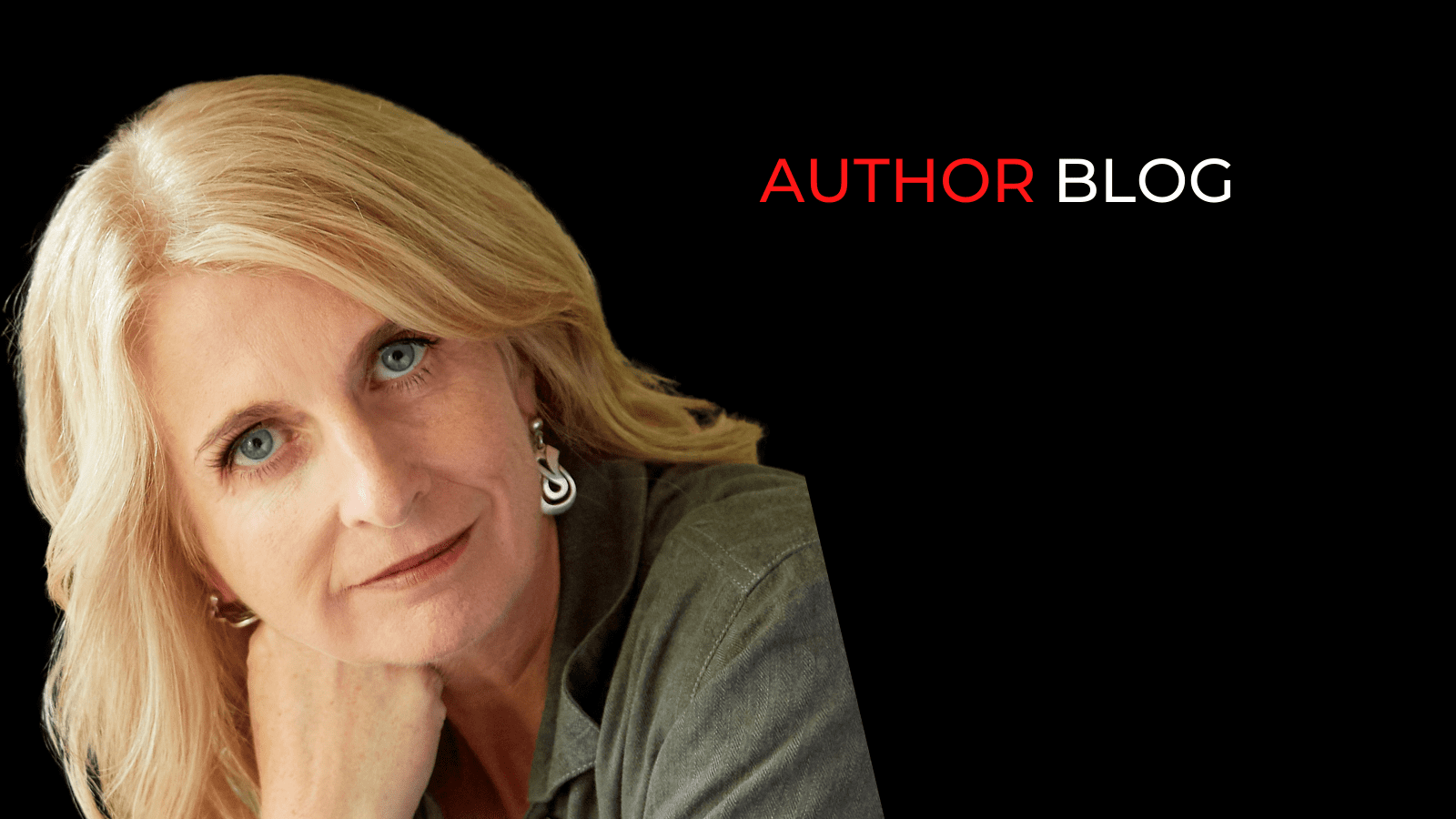I was writing a book on cults – the one that eventually became Deep in the Forest (Pantera Press) a crime thriller about secrets, lies, and cults.
Not having any first-hand knowledge of cult living, this novel required research and as a reluctant researcher, I set out to do the bare minimum required. Until . . . what I found was so explosive that I had to do more and more to corroborate what my brain could barely compute. I discovered two explosive things.
- I’d probably been born into a cult!
While there may be no single definition of a cult, they share a few potent ingredients, such as isolation from the rest of society, an unquestioning adherence to a set of beliefs, a strict authoritarian hierarchy of power, and a rock-hard sense of being among the chosen ones.
I grew up in a large Catholic family on an isolated farm outside Melbourne. I went to a Catholic school, we went to Mass on Sunday, we socialised with other Catholics. We did know one or two non-Catholics and they were nice but they weren’t going to heaven. Not like us.
We believed a lot of stuff that couldn’t be proved: Mary’s virgin birth, eating Christ’s body and drinking his blood, going to hell if you missed Mass on Sunday.
We had rules about when you ate and what you ate, such as no eating before Mass, and no meat on Fridays, which I loved because we got to have fish and chips once a week – religiously.
And most damagingly, there was the god-like parish priest. And the 2017 Royal Commission into Institutional Responses to Child Sexual Abuse inquiry showed how that turned out.
I didn’t question any of these rules and beliefs.
Obviously, it was a unique set of conditions that meant I experienced cult-like conditions as a child. Very few people can now live in that kind of isolation. We have the internet, which beams in all sorts of ideas all the time. As well, the modern Catholic Church has shared leadership between priests and parishioners, so authority no longer rests in a single godlike being. Too late for me.

2. Cults are Everywhere!
There are thousands of cults across the world, from self-help cults, to political, religious cults. Many of them don’t look anything like the doomsday cult, Heaven’s Gate, which ended in mass suicide, as members tried to catch a passing comet in 1997. Or Australia’s own Ideal Human Environment that began in the ’80s as an experiment in happiness, harmony, and ideal living. In 2019, leader James Salerno was imprisoned for unlawful sexual intercourse with a child, and the truth about the abuse behind those closed doors was exposed.
Instead, ordinary people, many doctors, and lawyers, can get caught up in a cult without even guessing they have. You think you’re joining a group to learn to run a marathon but you end up in a cult, although the name, Divine Madness, might have tipped you off. Perhaps you want to get fit by learning martial arts, top up your income by running a side hustle in network marketing, or even just want to meditate, or make the world a better place through joining a small political party.
Through my research, I discovered that everything that I dreamed up in my imagined closed religious community dedicated to clean, organic living, The Sanctuary, had happened somewhere in the world.
None of us join a cult – we join a movement to make ourselves and the world a better place. But it’s a fine line between intentional community and cult.
The thing is I didn’t know any of this consciously when I got obsessed enough by cults and to write a novel based on the dark places of coercive power. What I found through the writing was that my subconscious did know.
Ain’t the creative process grand?
Deep in the Forest (Pantera Press) by Erina Reddan is out now.
Go here for Carol Woeltjes review.
